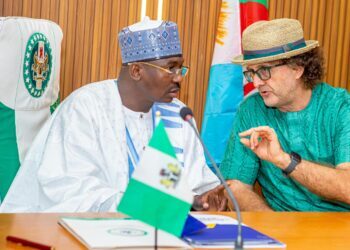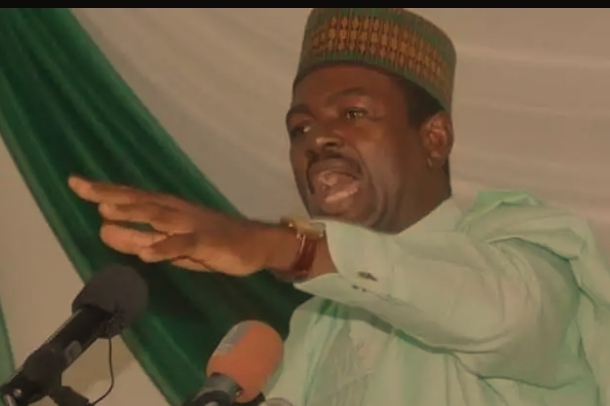The pastor-in-charge of the City of David, the Redeemed Christian Church of God (RCCG), Gbolade Okenla has called on the federal government to establish primary healthcare centres across communities in the country to help reduce the time for accessing medicare and save lives.
Okenla made the call yesterday during the foundation-laying of a new Primary Healthcare Centre being built by the church for residents of Daki Biu community of Jabi, Abuja as part of the church’s 10th-anniversary celebration.
Okenla said the provision of such facilities will give healthcare access to citizens with minor ailments and reduce the stress on secondary and tertiary health facilities as only serious ailments could be referred there.
“We are coming today to have a free medical outreach as part of our Christian Social Responsibility and to let the people know that even though the government might have neglected them, we have not forgotten them; so, we have come to show compassion, love and to let them know that we know they exist and we care about them,” he said.
Speaking on the medical outreach, the head of the church’s medical team, Dr Ado Theophilus, said the team of doctors, nurses, pharmacists and other support staff from the church decided to carry out the exercise to treat many of the 8000 residents of the community who couldn’t afford such medicare.
He observed the prevalence of malaria, skin diseases, hypertension, diabetes mellitus, seizure disorder and others in the community including two cases of infection that could have resulted in amputation if not for the medical intervention.
A recipient of the medical treatment, Lydia Ukeme said she is happy to receive treatment for her sickness and for the scans ran on her, while calling on the government to also do more to enhance public health.
“Thank God when I came here, I met with the doctors and nurses, they were very loving in attending to us. They ran tests on us and gave us the drugs so I am happy. I didn’t pay for the treatment,” she said.
Similarly, a resident of Daki Biu, Nasiru Abubakar said he was treated for high blood pressure and discharged.
He said, “One of my friends told me that they are giving free medicare at the Daki Biu Primary School and I came and received mine.”











